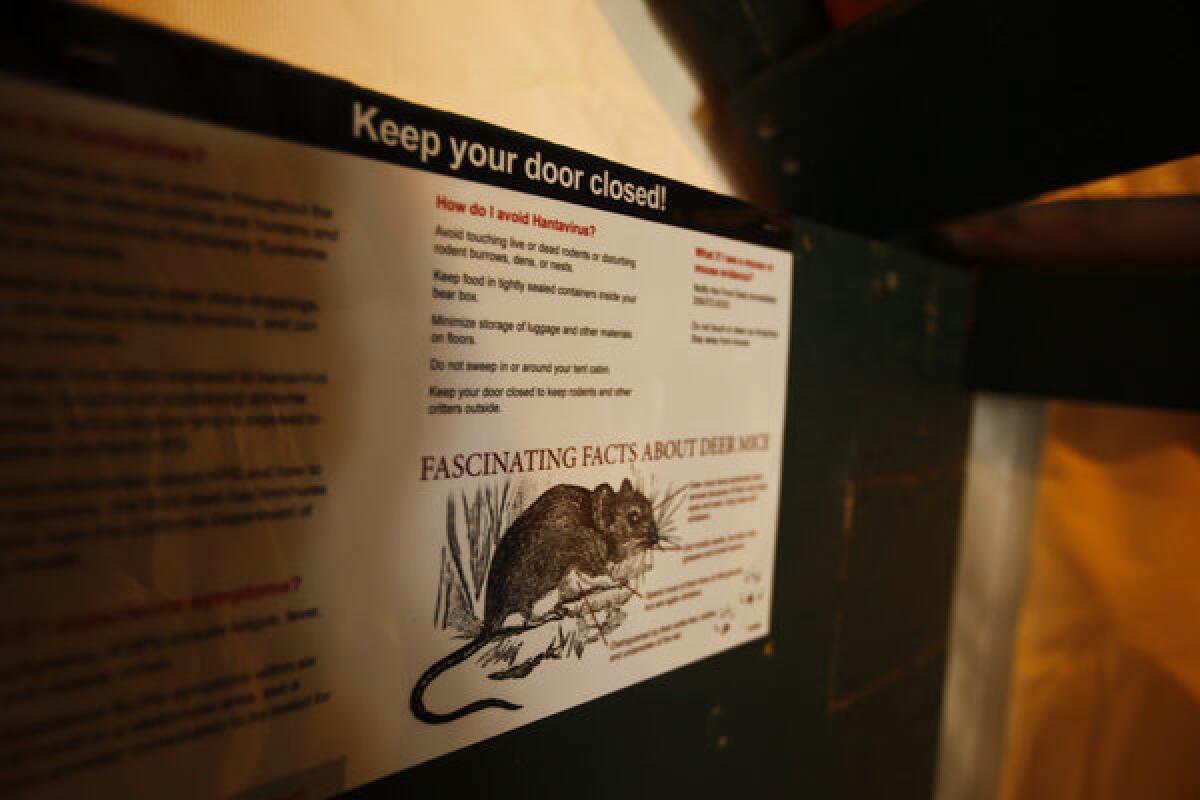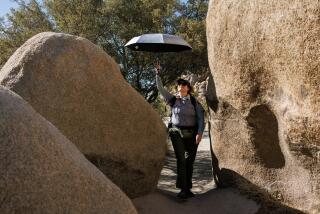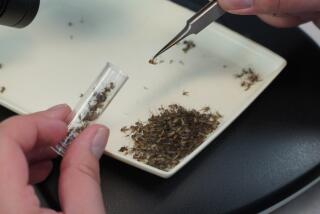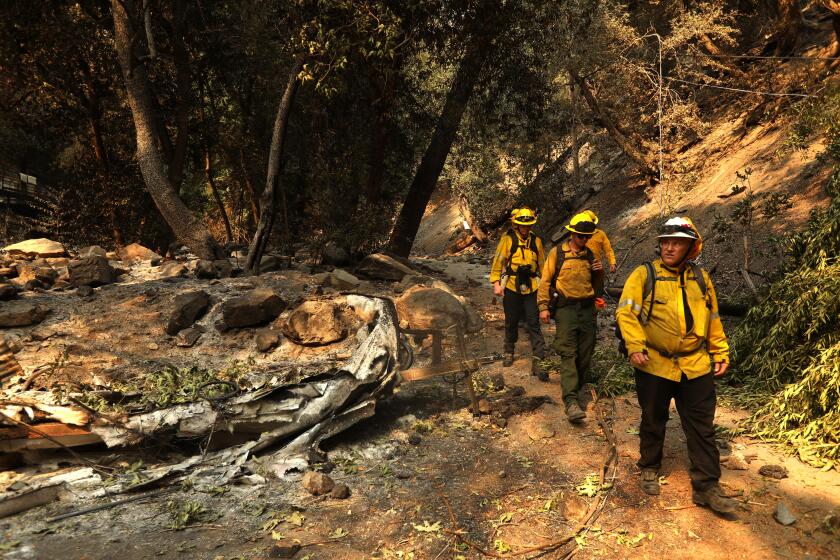Yosemite: Seasonal roads to open, hantavirus warnings ramped up

Yosemite National Park is gearing up for summer.
Glacier Park Road opens noon Friday (today) and the east-west Tioga Road that accesses the back country is expected to open May 11. The housekeeping tents in Curry Village are up, and horse rides and open-air Yosemite Valley tours are ready too.
But there’s something you’ll see more of this year too: hantavirus warnings. A rare and deadly hantavirus outbreak last summer killed three people and sickened seven others.
“We’re telling folks the same things we’ve been telling them, but in a lot more places,” Tom Medema, the park’s chief interpretation and education ranger, said Thursday.
Warnings about hantavirus pulmonary syndrome now are printed in the park newspaper give to visitors and in reservation confirmation letters for lodgings. Its causes and preventive measures also are posted on Yosemite’s website and inside tent cabins and elsewhere in the park.
About 90 “signature” tent cabins, which were double-wall premium structures with insulation, have been removed and replaced with single-wall tents.
Officials did that to prevent deer mice from living inside the tent’s insulation after it was discovered that most of those who got sick had stayed in the signature cabins. People contract the disease by inhaling the virus contained in mice feces and urine.
Park officials have been warning visitors since the first cases were confirmed last August. No cases have been reported since the outbreak traced to visitors who stayed in the park from mid-June to late August 2012.
Since the outbreak, the park has installed 18,000 mouse traps. It also has been plugging holes as small as a quarter-inch in bear boxes, lodgings and other places where mice could get in and people could come in contact with them, Medema said.
He labels the outbreak as an “epidemiological anomaly” and said few people this season had asked about the hantavirus danger.
“This spring, people are coming to the park just like they did before, but now they’re more informed,” he said.
mary.forgione@latimes.com
Follow us on Twitter @latimestravel, like us on Facebook @Los Angeles Times Travel.
More to Read
Sign up for The Wild
We’ll help you find the best places to hike, bike and run, as well as the perfect silent spots for meditation and yoga.
You may occasionally receive promotional content from the Los Angeles Times.







